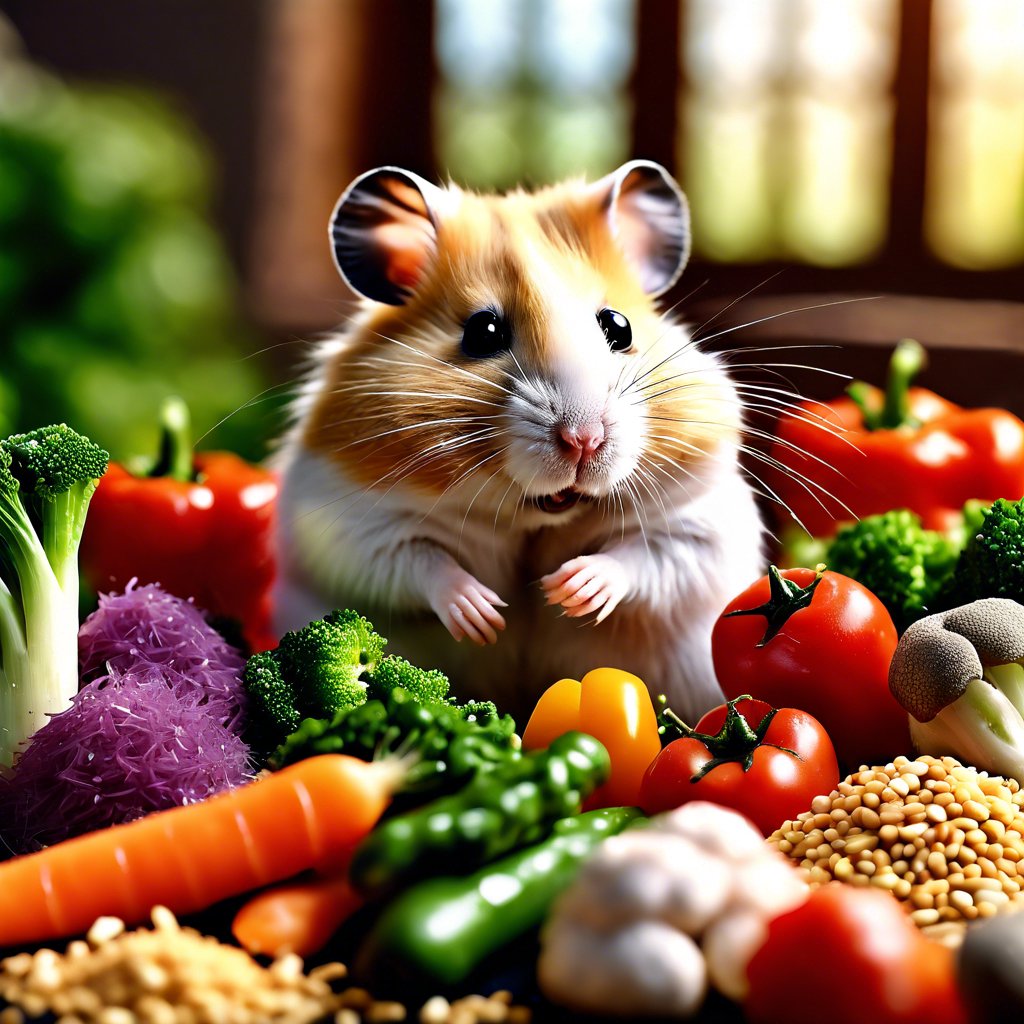Nutritional Needs of Hamsters
Hamsters are delightful little pets that bring joy and companionship to many households. However, to ensure that your furry friend leads a healthy and happy life, it is crucial to understand their nutritional needs. Like any living creature, hamsters need a balanced diet to thrive. This article will explore what constitutes a proper diet for hamsters, highlighting the essential components they require for optimal health.
The Building Blocks of a Hamster’s Diet
A well-rounded hamster diet consists of various food types that provide essential nutrients. The primary components include:
- Pelleted Food: Commercial hamster food is designed to meet their nutritional needs, providing vitamins and minerals.
- Fresh Vegetables: Leafy greens and root vegetables can offer hydration and essential nutrients.
- Fruits: Fruits can be a tasty treat, but should be given in moderation due to high sugar content.
- Protein Sources: Hamsters require protein for growth and maintenance, which can come from mealworms, cooked eggs, or small amounts of chicken.
Portion Control and Feeding Frequency
Understanding how much to feed your hamster is just as important as knowing what to feed them. Overfeeding can lead to obesity and health issues. Here are some guidelines:
| Food Type | Recommended Portion |
|---|---|
| Pelleted Food | 1-2 tablespoons daily |
| Fresh Vegetables | 1-2 teaspoons daily |
| Fruits | 1-2 teaspoons, 2-3 times a week |
| Protein Sources | Small amounts, 2-3 times a week |
It’s essential to adjust portions based on your hamster’s activity levels and specific breed needs. Always ensure that fresh water is available.
Share this content:



